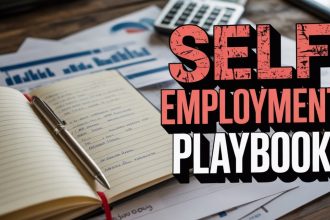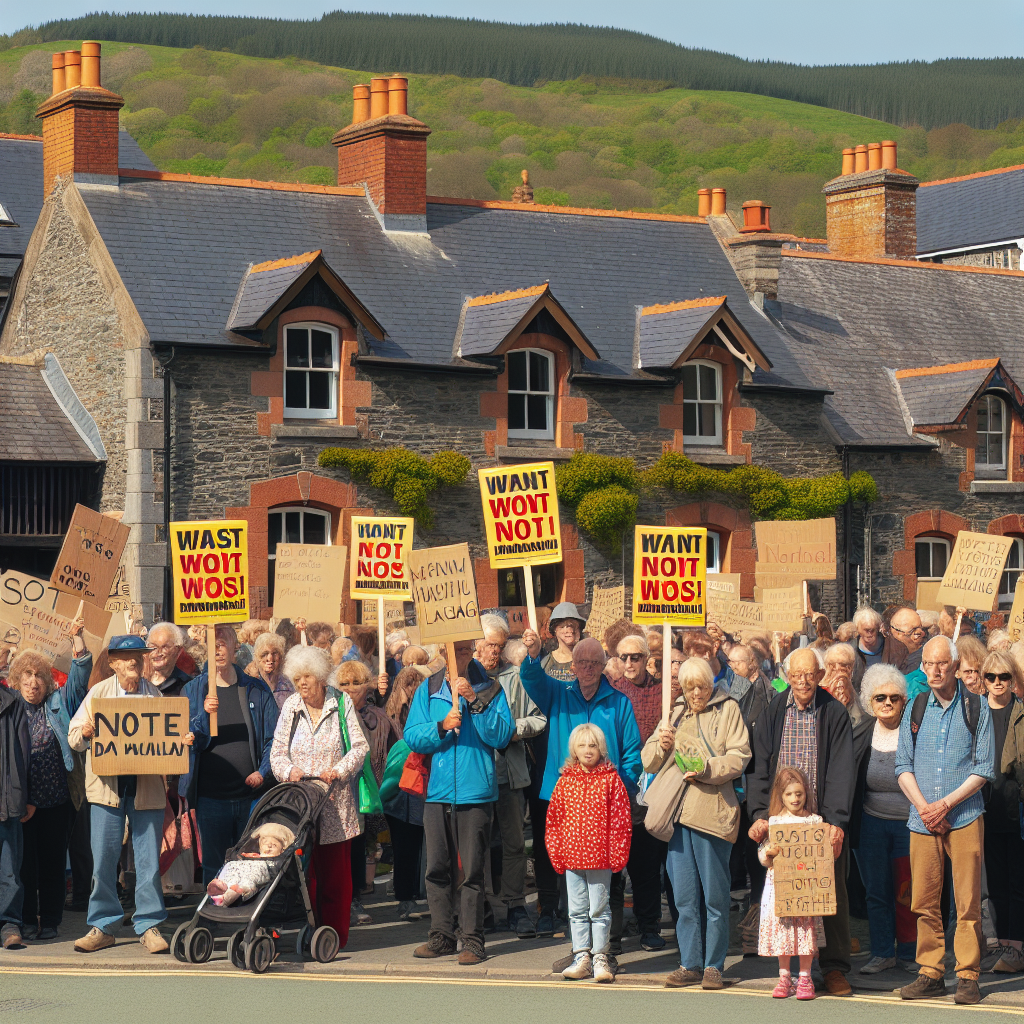Welsh Language Housing Rally: Call for Tighter Rules
Summary
Thousands gathered in support of the Welsh language in a powerful housing rally demanding immediate reforms to property regulations across Wales. Organized by Cymdeithas yr Iaith Gymraeg (Welsh Language Society), the protest aimed to highlight how unregulated housing markets—specifically in Welsh-speaking communities—are eroding cultural identity and pushing out local families.
Welsh campaigners claim that second homes and holiday lets are driving up property prices in rural areas such as Gwynedd and Ceredigion. As affluent buyers, often from outside Wales, scoop up local homes, prices soar beyond what average Welsh families can afford. The result? Dwindling numbers of fluent Welsh speakers in traditional heartland communities—a direct threat to the future of the language.
The protestors are calling for more robust housing regulations, including:
- A cap on the number of second homes in local communities
- Stricter licensing systems for holiday rentals
- Priority for local buyers through council-led housing strategies
First Minister Mark Drakeford acknowledged the issue and reiterated the government’s commitment to preserving the Welsh language. However, campaigners argue that stronger policy actions are needed immediately to prevent irreversible cultural loss.
The rally isn’t just about preserving language—it’s also about affordable housing and making rural Wales liveable again for younger generations. The symbolism of housing as both shelter and cultural preservation has ignited support from activists and political figures alike.
Analysis
The housing crisis in Wales has evolved beyond economics—it’s become a cultural flashpoint. With only around 30% of people in counties like Gwynedd speaking Welsh fluently, communities feel an urgent need to act before their linguistic identity is lost for good. The recent rally demonstrates rising public consciousness regarding not just affordability but cultural sustainability.
Much like other heritage-laden communities globally, Welsh-speaking residents are facing the effects of gentrification and commodification of property. Holiday lets such as Airbnbs often mean houses remain empty during much of the year, depriving villages of permanent residents and weakening community cohesion.
We are not anti-second home; we are pro-community—if you can’t get a home in the community you grew up in, is that fair?
Elin Hywel, Cymdeithas yr Iaith campaigner
Housing affordability has become part of a broader trend across the UK and Europe. As remote work becomes normalized, rural and scenic areas witness inflows of urban dwellers looking for holiday homes, thus escalating prices for local residents. According to a recent BBC report, nearly 20% of all housing transactions in some Welsh counties are designated as second homes.
What’s different in Wales is the intertwining of property ownership with language preservation. Economists and language advocates alike warn that once “critical mass” is lost in any community, the language often fades within a generation. This aligns with UNESCO’s indicators for endangered languages.
Policy predictions suggest the Welsh government may soon introduce:
- A national licensing scheme for short-term rentals
- Tax premiums on second homes
- Community right-to-buy schemes for local housing associations
Additionally, support for “Tŷ Cymunedol” (Community Homes) initiatives, led by grassroots organizations, continues to grow. These schemes work to buy local homes and safeguard them for Welsh-speaking families.
Ultimately, this movement reflects a broader trend of devolved nations using localized policy levers to respond to cultural and socioeconomic priorities that may not be adequately addressed by central governments. Time will tell whether these efforts will slow, or even reverse, the language decline path that Welsh has been teetering along for decades.












